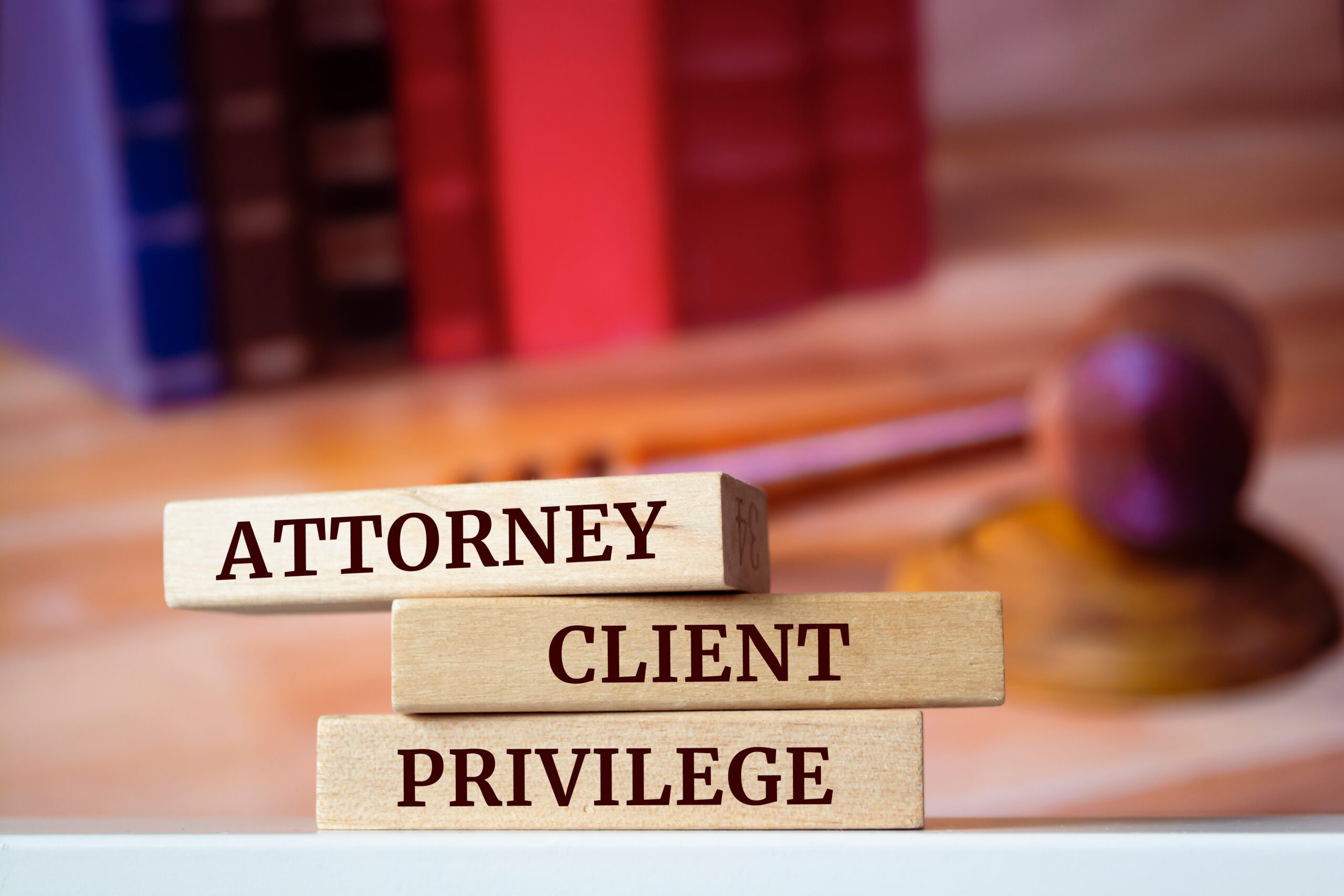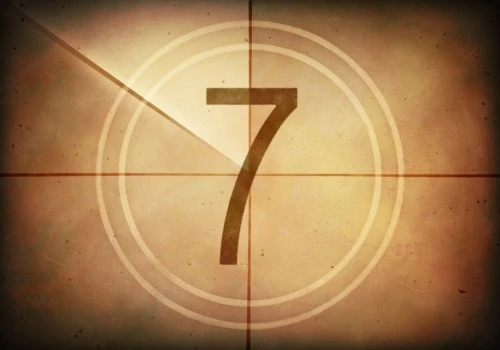
Medical license defense cases can be incredibly stressful. Not only are you facing a possible suspension or revocation of your license, but you also have to worry about the details of the case being made public.
Fortunately, lawyer-client privilege may be able to provide you with some protection. Let’s explore whether lawyer-client privilege applies in medical license defense cases and how it can help protect your medical license. Contact a Texas medical license defense lawyer at Bertolino, LLP for more help.
What Is Lawyer-Client Privilege?
Understanding lawyer-client privilege is essential when it comes to protecting your medical license in a defense case. lawyer-client privilege refers to the legal principle that establishes a confidential relationship between a lawyer and their client. It ensures that any communications between the two parties remain private and cannot be disclosed without the client’s consent.
In the context of medical license defense cases, lawyer-client privilege is crucial. It allows you to freely and honestly communicate with your lawyer about the details of your case without fear of those discussions being used against you. This protection encourages open and transparent communication, enabling your lawyer to effectively advocate for your interests because the lawyer knows all the pertinent information you are able to freely share without worrying.
Lawyer-client privilege applies to all communications made in the course of seeking legal advice or representation. This includes in-person conversations, phone calls, emails, and any other form of communication. It extends to both the information you disclose to your lawyer and any advice or guidance they provide to you.
Can Lawyer-Client Privilege Be Waived?
It is important to note that lawyer-client privilege is not absolute and can be waived under certain circumstances. For example, if you disclose confidential information to a third party or if you waive the privilege explicitly, the information may no longer be protected. Understanding these exceptions is crucial to safeguarding your privilege throughout your medical license defense case.
Exceptions to Lawyer-Client Privilege in Medical License Defense Cases
Exceptions to lawyer-client privilege can arise in medical license defense cases, potentially jeopardizing the confidentiality of your communications with your lawyer. While lawyer-client privilege is a crucial protection, it is essential to understand the exceptions to ensure you do not inadvertently waive this privilege.
- Disclosing confidential information to a third party: This can occur if you discuss your case with a colleague, family member, or anyone not involved in your legal representation. By sharing privileged information with someone outside of the lawyer-client relationship, you may waive the privilege and expose those communications to potential disclosure.
- Waiving the privilege: If you provide written consent for your lawyer to share information with a specific party, such as an expert witness or a licensing board, the privilege may no longer apply to that information.
Understanding these exceptions is crucial to protect the confidentiality of your communications throughout your medical license defense case. It is always advisable to consult with your lawyer at Bertolino, LLP before sharing any information with others or granting permission for your lawyer to disclose privileged information.
Best Practices for Maintaining Lawyer-Client Privilege in Medical License Defense Cases
Protecting lawyer-client privilege is essential in medical license defense cases to ensure the confidentiality of your communications. Here are some best practices to help maintain this privilege throughout your case:
- Communicate exclusively with your lawyer: To safeguard lawyer-client privilege, only discuss your case and related matters with your lawyer. Avoid sharing confidential information with anyone else, including colleagues, friends, or family members. This ensures that your conversations remain privileged and protected.
- Use secure communication channels: When communicating with your lawyer, utilize secure channels such as encrypted email or phone lines. This helps prevent unauthorized access to your conversations and ensures that your communications remain confidential.
- Clearly establish the lawyer-client relationship: Ensure that your lawyer has clearly acknowledged their representation of you in writing. This acknowledgment should outline the scope of representation and establish the lawyer-client privilege from the outset of your case.
- Label communications as privileged: When corresponding with your lawyer, clearly mark any written communications, such as emails or letters, as “privileged and confidential.” This helps reinforce the confidential nature of the information exchanged.
- Avoid waiving privilege: Be cautious about disclosing privileged information to third parties or providing consent for your lawyer to share information. Consult with your lawyer before taking any actions that could potentially waive the privilege.
By following these best practices, you can protect lawyer-client privilege and ensure that your communications remain confidential throughout your medical license defense case. This enables you to have open and honest discussions with your lawyer, enhancing the effectiveness of your defense strategy.
Click to contact our professional license defense lawyers today
Contact Bertolino, LLP for Your Medical License Defense Case
Lawyer-client privilege is a crucial protection for healthcare professionals facing medical license defense cases. It allows for confidential and open communication with your lawyer, ensuring that you can fully discuss the details of your case without fear of repercussions.
However, it’s important to understand the limitations and exceptions to this privilege to ensure its preservation throughout the process. By consulting with Bertolino, LLP and being mindful of the boundaries, you can maintain the necessary confidentiality to help protect your medical license during the defense process. Contact us now to schedule a consultation.
Call or text (512) 476-5757 or complete a Case Evaluation form















